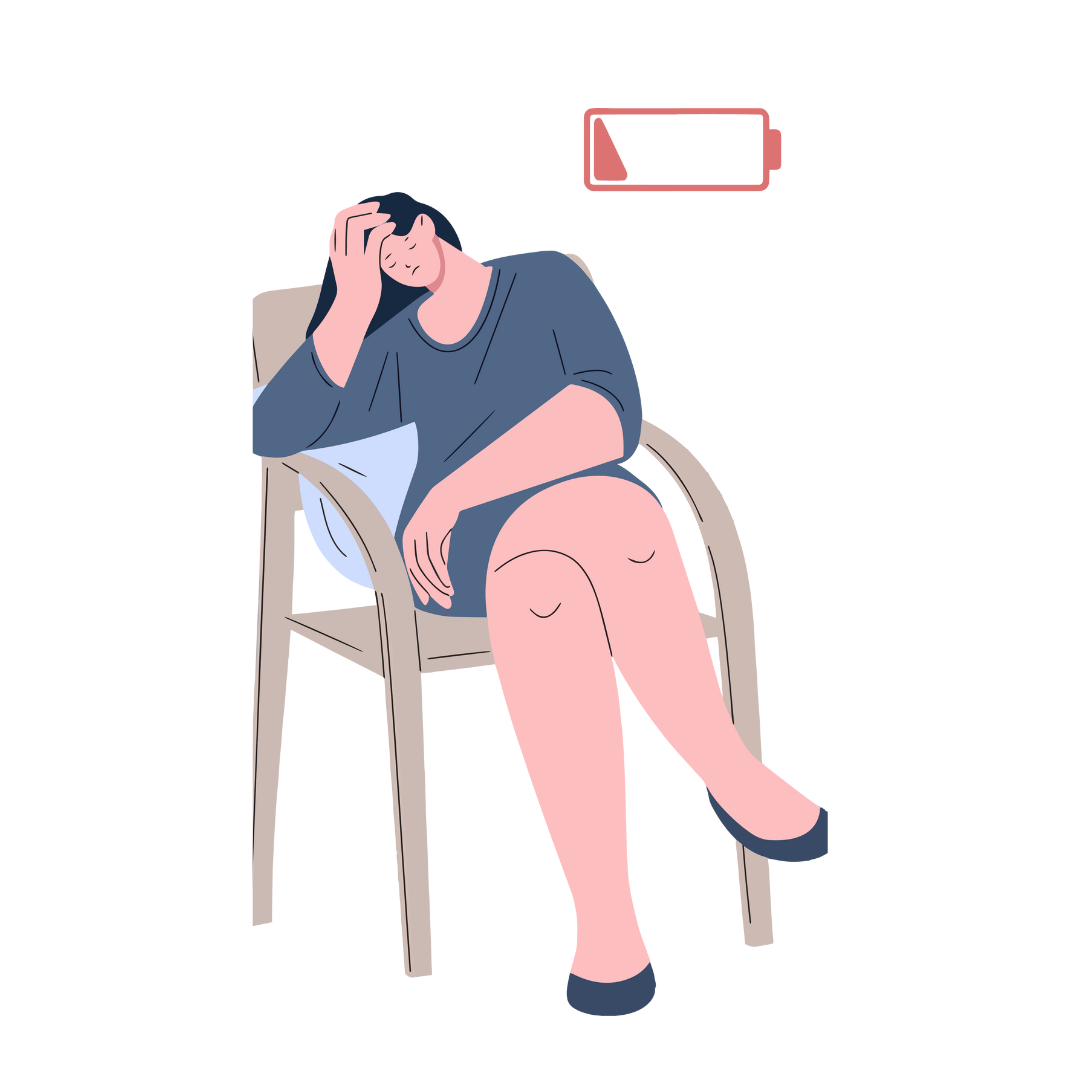How Sensory Sensitivity Affects ADHD and Practical Ways to Manage It
If you’re living with ADHD, you’ve likely noticed that it’s not just about focusing or staying still. For many, there’s also a heightened sensitivity to sensory input, especially tactile sensitivity (touch). New research is now highlighting how sensory sensitivity and ADHD are connected, showing how sensory overload can make symptoms like inattention and emotional regulation harder to manage.
Understanding this connection can empower you to better handle your environment, reduce overwhelm, and improve your overall well-being.
How Sensory Sensitivity and ADHD Are Connected
A recent study, “Altered Somatosensory Processing in Adult Attention Deficit Hyperactivity Disorder,” found that adults with ADHD often have an increased sensitivity to touch. Here’s a breakdown of the key findings:
1. ADHD and Tactile Sensitivity
- Adults with ADHD tend to have a heightened sensitivity to touch. If you’ve ever felt uncomfortable with physical contact, like a hug or even certain fabrics, this is part of your sensory experience.
- This isn’t just a personal quirk—people with ADHD often report a lower tolerance for being touched, especially in social situations.
2. Your Brain Processes Touch Differently
- Using Somatosensory Evoked Potentials (SEPs) to measure brain activity, researchers found that people with ADHD have a different brain response to touch.
- This altered response means your brain processes touch stimuli in a unique way, particularly when it comes to social touch, like a handshake or hug.
3. Tactile Sensitivity Can Intensify ADHD Symptoms
- When you’re feeling overwhelmed by sensory input—like the sensation of touch—it can make other ADHD symptoms worse. For instance, it can become even harder to focus or manage your emotions when your brain is overloaded by sensory stimuli.
- This doesn’t cause ADHD symptoms but adds to the overall stress your brain is managing, making it tougher to stay calm or concentrate.
4. Sensory Overload and ADHD
- People with ADHD often experience sensory overload, which occurs when your brain has difficulty filtering out irrelevant sensory information, like noise, touch, or lights. This can increase feelings of stress and distractibility.
- Environments with lots of sensory input can make it harder to manage ADHD symptoms, leading to more intense distractions, irritability, or emotional dysregulation.
Managing Sensory Sensitivity with ADHD
Knowing that sensory sensitivity plays a role in ADHD is just the start. Now, let’s talk about how you can use this information to improve your life.
1. Recognize Your Sensitivities
- Understand that being sensitive to touch, noise, or other sensory inputs is a real part of your ADHD. The sooner you recognize what triggers sensory overload, the quicker you can start managing it.
2. Use Sensory Tools to Stay Comfortable
- Consider using weighted blankets, noise-canceling headphones, or soft, comfortable clothing to help reduce sensory input. These tools can give your brain the break it needs to avoid feeling overwhelmed.
- Sensory breaks are also important. Whether you’re at work or in a busy social situation, find a quiet space or step away to let your brain reset.
3. Grounding Techniques for Sensory Overload
- Grounding exercises help bring your focus back to the present and reduce sensory overwhelm. Simple techniques like focusing on your breathing, feeling a textured object in your hand, or noticing your feet on the ground can help calm your sensory system.
- Practicing mindfulness can also help you manage sensory overload by training your brain to stay centered when you start to feel overwhelmed.
4. Tailor Your ADHD Treatment
- Talk to your healthcare provider about how sensory sensitivity affects your ADHD. They may be able to adjust your treatment plan, whether through medication, therapy, or additional resources like occupational therapy to help manage sensory processing challenges.
5. Advocate for Your Sensory Needs
- Don’t hesitate to advocate for yourself in work or social settings. If certain environments (like a noisy office or crowded event) make your symptoms worse, ask for accommodations.
- For example, request quieter workspaces, seating in low-traffic areas, or limit physical contact during social interactions if it makes you uncomfortable.
Enhancing Emotional Regulation by Managing Sensory Input
One of the major challenges with ADHD is emotional regulation, and sensory overload can make it harder to stay calm. When you learn to manage sensory input—by creating environments that reduce overwhelm—you may notice your emotional responses become easier to control. This can lead to a more balanced mood and help prevent emotional burnout.
Creating Sensory-Friendly Environments
At home:
- Set up a space that feels calm and comfortable to you. Consider using soft lighting, a cozy corner with blankets, or reducing visual clutter to minimize distractions and sensory input.
At work:
- Organize your workspace to reduce distractions. This could include noise-canceling headphones, decluttering your desk, or taking regular breaks to step away from overwhelming environments.
In social settings:
- Don’t be afraid to step away when things get too intense. Give yourself permission to set boundaries, like reducing physical contact or finding quieter spaces when social interactions become too overwhelming.
In Summary:
This new research reveals that sensory sensitivity, especially to touch, plays a significant role in the lives of adults with ADHD. When your sensory system is overwhelmed, it can intensify symptoms like inattention or emotional dysregulation. However, by recognizing and managing your sensory needs, you can reduce sensory overload and improve your overall well-being.
Using sensory-friendly tools, advocating for your needs, and creating calming environments are just a few practical steps you can take to make life with ADHD more manageable. Remember, sensory sensitivity and ADHD are closely linked, and with the right strategies, you can regain control over your environment and your symptoms.
Other pages on the Website



